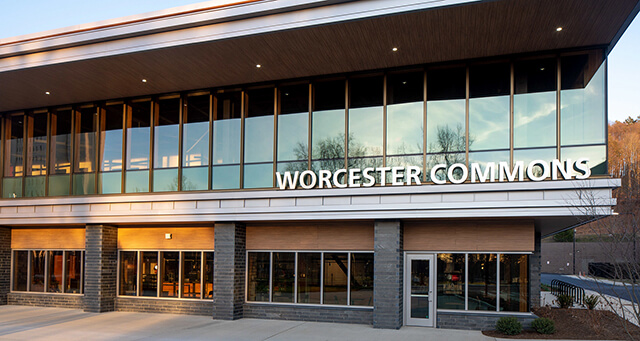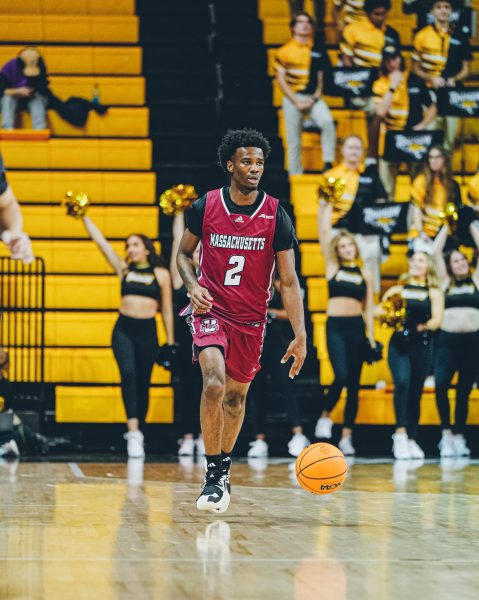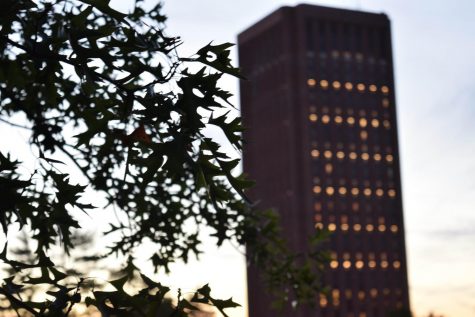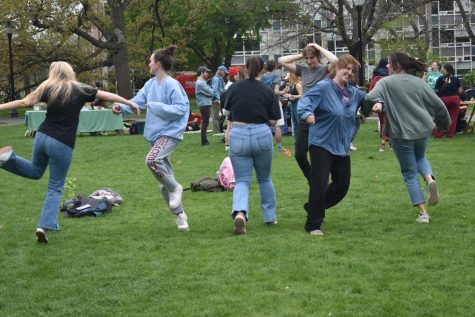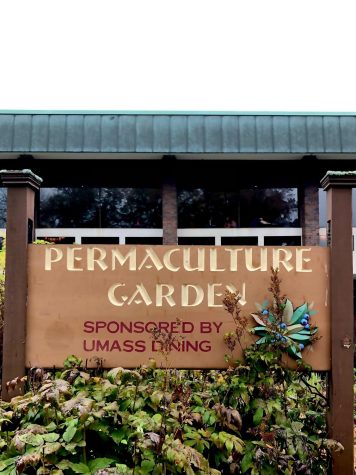Students reflect on UMass administration’s support during Ramadan
In an interview with Melisa Avdic ‘23 and Taqdees Ahmad ‘24, both students express their concerns and satisfaction with UMass’ take on Ramadan this year.
AMHERST- Being in college, one might find it difficult to uphold their cultural and religious obligations in a setting outside their home. For junior Melisa Avdic and sophomore Taqdees Ahmad, celebrating Ramadan at UMass has come with both positive and negative aspects.
Ramadan is an Islamic holy period that began on April 2 of this year and will end on May 2. During this time, “all able-bodied Muslims who are in good health are required to fast. This is done after they reach puberty, I guess you can say usually from like 13 or 14 onwards, you are required to fast as this is a month where the prophet Muhammad was given the Quran from Allah,” Avdic stated.
Avdic discussed how Ramadan is a time to truly work on yourself while giving respect to the Prophet Muhammad and Allah. This was also highlighted by Ahmad who stated that they, “hope to try and better ourselves throughout the rest of the year and our lives.”
Ramadan comes with rules such as long periods of fasting between sunrise and sunset each day. Both Avdic and Ahmad expressed their satisfaction with the late dining hall hours here at UMass, yet they have recognized some changes that could be made.
Both students explained how bagged meals are readily available and offered at dining halls but the food that is given is not of substantial quality.
“As a Muslim student you need a really balanced meal because I know I saw they had like these bagged dinners for the morning, but what they’re providing is a measly salad that’s probably like six pieces of lettuce and a couple pieces of chicken sandwich and like a bagged snack. That’s really not enough for the morning if you’re going to go like over 14 hours without eating or drinking,” Avdic stated. Ahmad has received these bagged meals with salad and agreed that it wasn’t filling.
In accordance with late-night dining, Ahmad explained her difficulty sometimes finding food to eat that is Halal which leaves her with limited options. UMass however has done well in providing multiple Halal food options throughout the month. The UMass Dining app has stated directly food that is Halal at both dinner and late night. Some of these dishes include Halal lamb biryani, Halal greek gyro, and Halal burger patties.
In order for meat to be Halal, Avdic explained that prayer is performed before one slaughters an animal in a way of thanks to both the animal and Allah for providing it. The killing of the animal must also be done by hand and all its blood must be drained.
Due to some of these challenges, Avdic suggests that a cafe could open in the morning for Muslim students, or in general offer more balanced bagged meals. This would allow students to gain the food and energy they need for the day as well as fulfill dietary needs.
Although it is easy to say all the changes you wish could be made to accommodate all students in the dining hall, Avdic sympathizes with the fact that UMass cannot support everyone.
“There’s not much you can do because obviously, they need to provide food for thousands of students,” Avdic said.
Outside of the dining hall, both students discussed the lack of Muslim space and community on campus.
Prayer is another important part of Ramadan, yet Ahmad stated how she had only heard of one Islamic prayer space on campus located in Worcester dining hall, which she then considered “a little hard to navigate.”
She suggests how more prayer areas could be opened up on campus to allow a greater community to form. Ahmad explained that Ramadan can be a community between those who are fasting, yet she knows few people who are participating with her.
Avdic agreed with this aspect of community as she also suggested that in general there should be, “an open space for Muslim students to have more of a presence on campus.” She is aware that there is a Muslim association on campus but believes that nobody hears about it much. Avdic then furthered her idea by saying how this space should also be open to anyone who would like to learn about Islam as well.
Overall, UMass made changes to accommodate the Islamic student population during Ramadan this year, but there is always room for more changes as both Avdic and Ahmad suggested.
“I think it’s definitely just hard to transition, especially with the food situation and trying to get a community. Other than that, I think UMass has been doing pretty well,” Ahmad stated.

